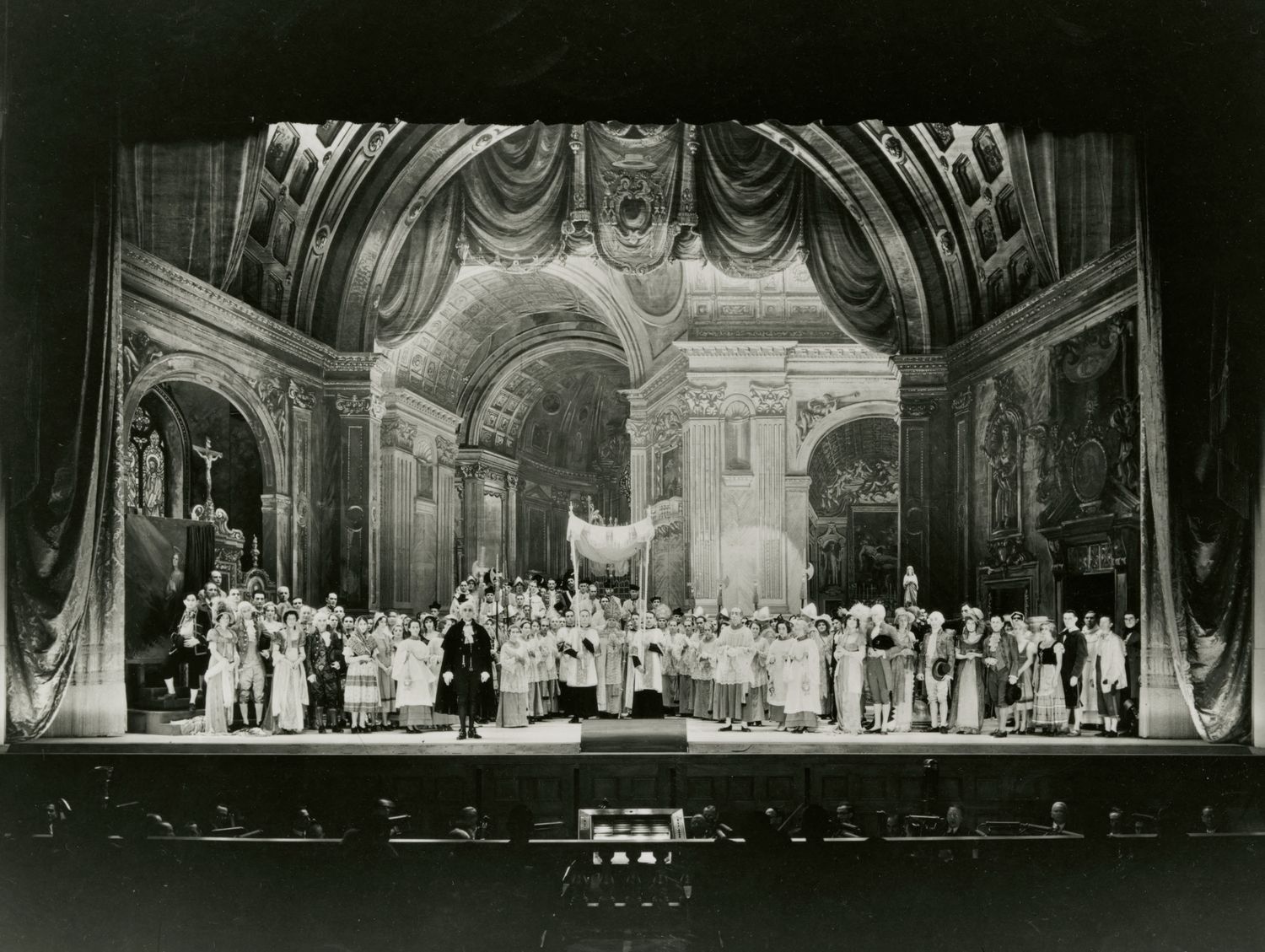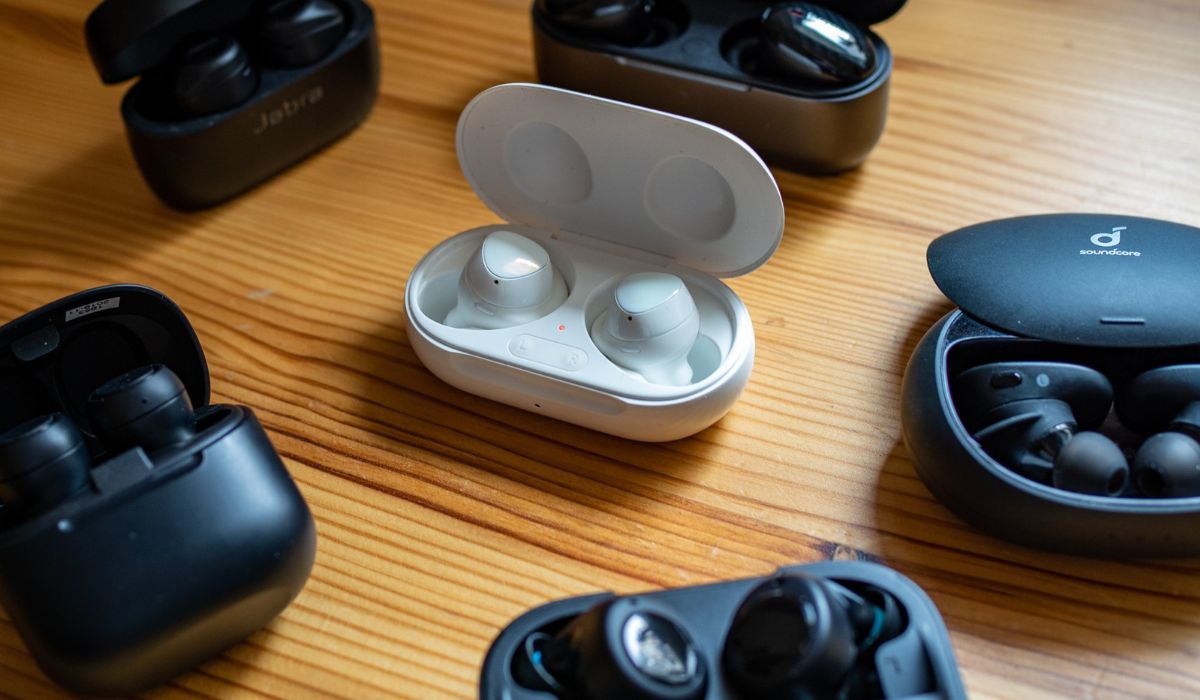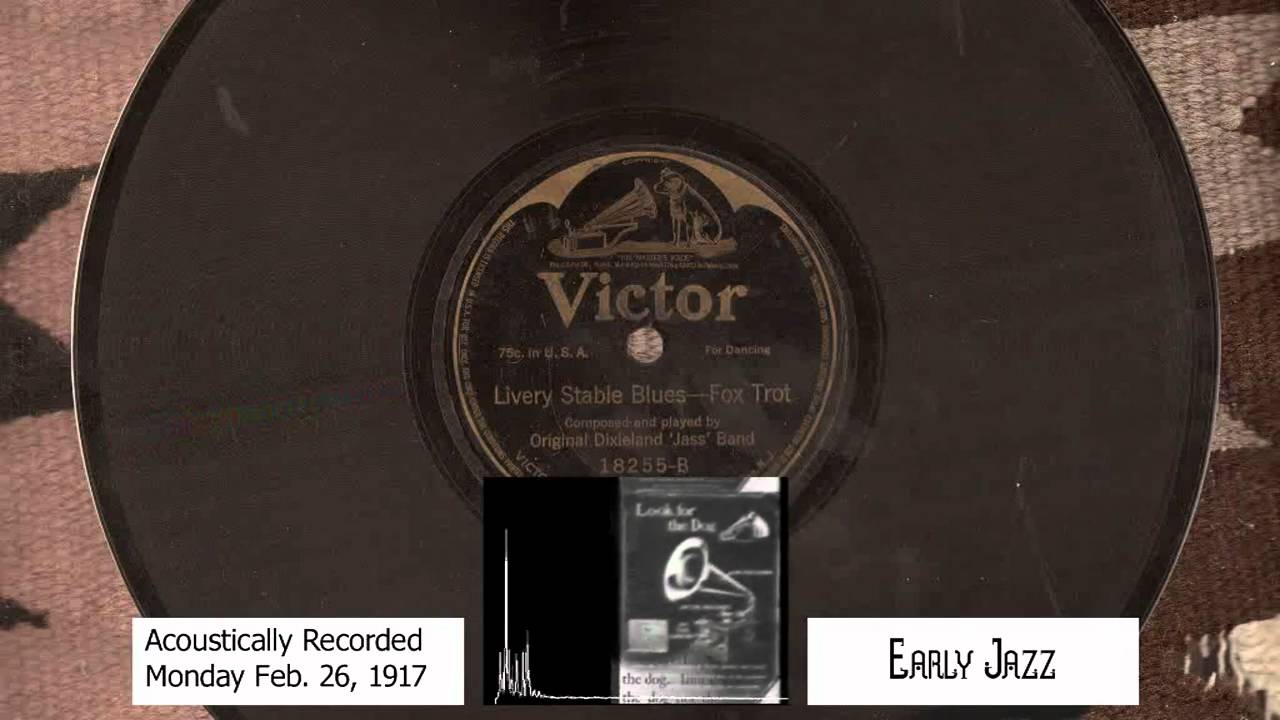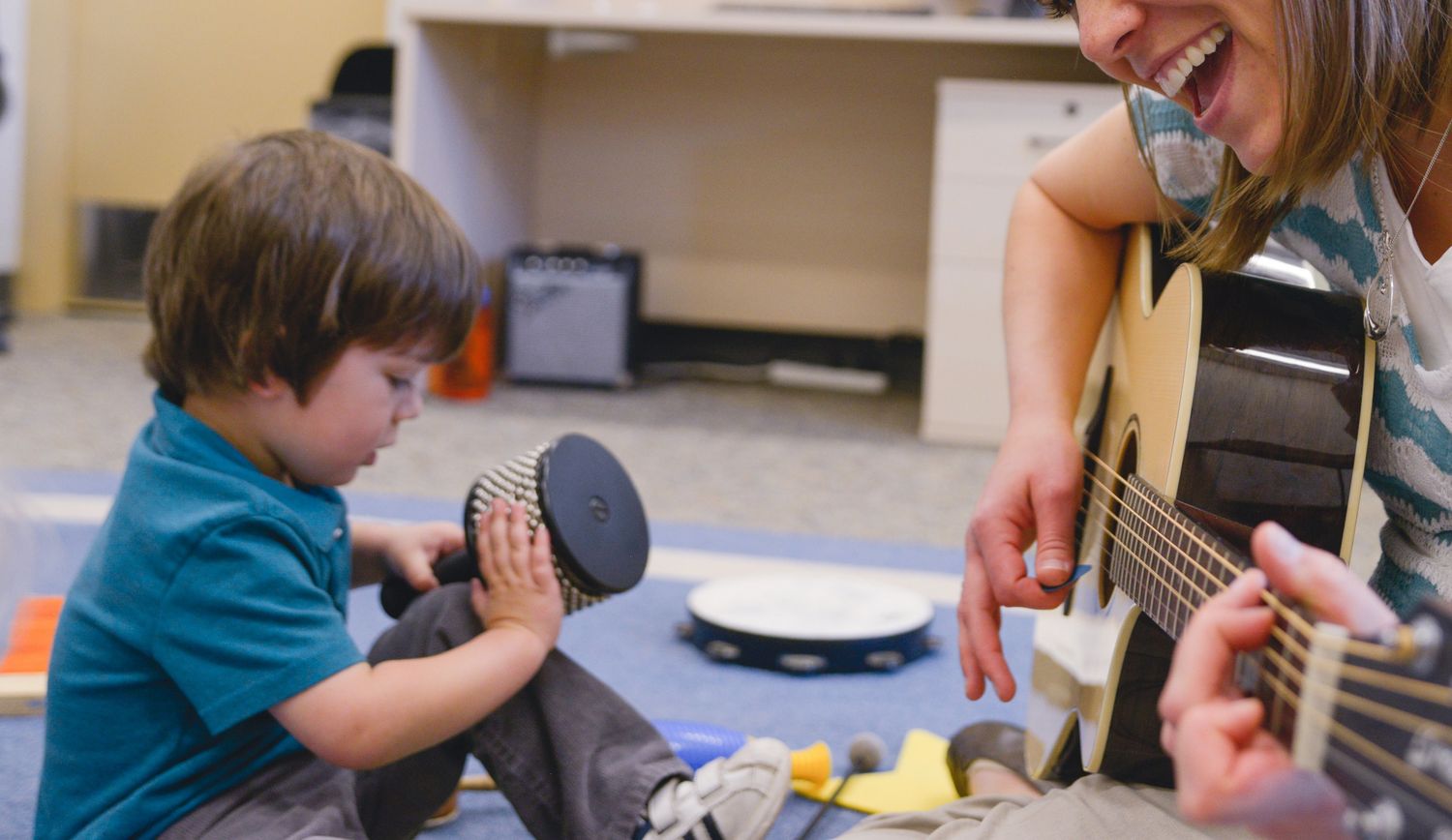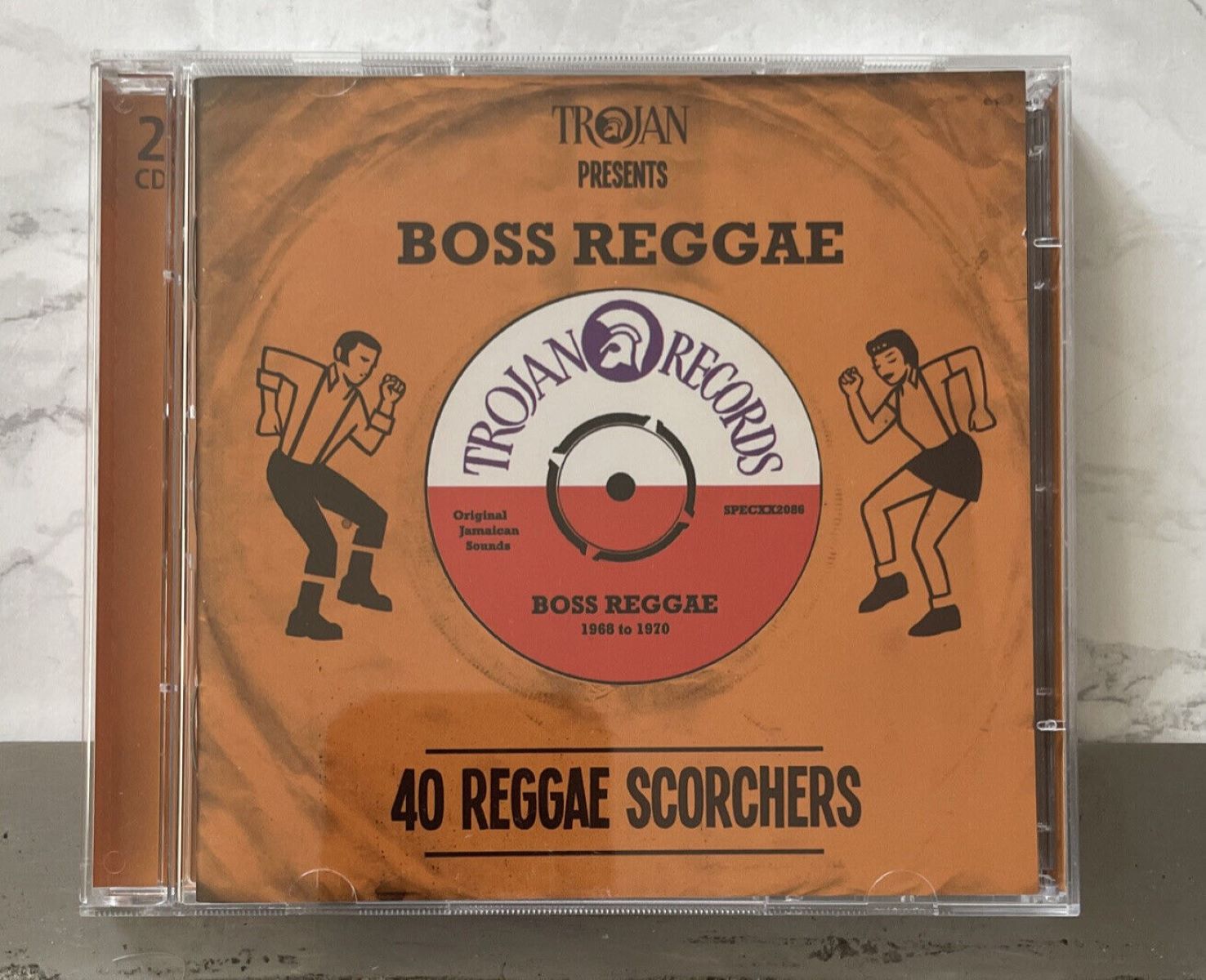Home>Events & Info>Podcast>When Was The First Podcast Created


Podcast
When Was The First Podcast Created
Modified: January 22, 2024
Discover the origins of podcasts and learn about the creation of the first podcast. Explore the fascinating history and evolution of this popular audio medium.
(Many of the links in this article redirect to a specific reviewed product. Your purchase of these products through affiliate links helps to generate commission for AudioLover.com, at no extra cost. Learn more)
Table of Contents
Introduction
Podcasting has become an increasingly popular form of media in recent years, captivating audiences around the world with its diverse range of topics and engaging storytelling. But have you ever wondered when the first podcast was created? In this article, we will delve into the early origins of podcasting, explore the pioneers who paved the way for this audio revolution, and discuss the impact it has had on media and communication.
Before we dive into the history of podcasting, let’s quickly clarify what a podcast is. Essentially, a podcast is a type of digital media that consists of audio recordings, typically in the form of episodes, that can be downloaded or streamed online. Listeners can subscribe to their favorite podcasts and receive automatic updates whenever new episodes are released.
The concept of podcasting as we know it today emerged in the early 2000s, but its roots can be traced back to the 1980s. In fact, the idea of distributing audio content through the internet has been around for decades, evolving alongside advancements in technology and the changing landscape of media consumption.
Initially, the term “podcast” did not exist. It was not until the early 2000s that the term was coined, combining “iPod” (a popular portable media player at the time) and “broadcast.” However, the practice of creating and distributing audio content over the internet had already gained traction.
As the internet became more accessible and bandwidth increased, individuals and organizations began experimenting with sharing audio recordings. While early audio blogs and radio shows were distributed online, the concept of delivering these recordings directly to subscribers through a subscription model had yet to be realized.
The shift towards the podcasting format as we know it today can largely be attributed to Adam Curry, a former MTV VJ, and Dave Winer, a software developer and entrepreneur. In 2004, Curry launched the first podcasting platform, known as iPodder, which allowed users to automatically download audio content to their devices.
Early Origins of Podcasting
The early origins of podcasting can be traced back to the 1980s, when individuals began sharing audio content over the internet, albeit in a different format than what we now recognize as podcasts. At that time, the internet did not have the bandwidth capabilities to support large audio files, so the sharing of audio content was limited to short clips or low-quality recordings.
As technology advanced and more people gained access to the internet, the idea of distributing audio content began to take shape. In the late 1990s, audio blogs, also known as “audioblogs” or “soundcasts,” started to gain popularity. These were essentially blog posts in audio form, where individuals would record and share their thoughts, stories, and ideas. However, these audio blogs were not delivered through a subscription model, but rather accessed by visiting specific websites.
The turning point in the evolution of podcasting came in 2000, when a company called Audible.com introduced the concept of downloadable audio. Audible.com allowed users to purchase and download audiobooks, helping to pave the way for digital audio distribution.
It wasn’t until 2003 that Dave Slusher, a former radio engineer, introduced a method for automatically delivering audio files to subscribers. Slusher’s innovation centered around using RSS (Really Simple Syndication) feeds to distribute audio content. This made it possible for audio files to be automatically downloaded and delivered to users who subscribed to specific feeds.
This breakthrough laid the foundation for what we now consider podcasting. However, the term “podcast” had not yet been coined, and the medium was still in its infancy. It would take further developments and the efforts of other pioneers to popularize and shape the podcasting landscape as we know it today.
One important aspect to note is that while podcasts may initially be associated with audio content, the early origins of podcasting also saw experimentation with video. As internet infrastructure improved and bandwidth capacity increased, video podcasts, or “vodcasts,” began emerging alongside their audio counterparts. These vodcasts delivered video content to subscribers in a similar manner as podcasts, allowing for a more immersive and visual experience.
The Invention of the Term “Podcast”
While the concept of distributing audio content through RSS feeds was gaining traction, it was the coining of the term “podcast” that helped solidify and popularize the medium. The term “podcast” is a combination of “iPod,” referencing the popular portable media player, and “broadcast,” highlighting the idea of delivering audio content to a wide audience.
The term itself was first suggested by journalist Ben Hammersley in an article for The Guardian newspaper in 2004. Hammersley used the term to describe the emerging trend of using RSS feeds to distribute audio files, likening it to a portable on-demand radio show. The article sparked interest and discussion within the podcasting community, and the term quickly gained recognition.
The invention of the term “podcast” not only gave the medium a catchy and descriptive name but also helped differentiate it from traditional forms of radio and audio content. It emphasized the accessibility and portability of podcasts, highlighting their compatibility with mobile devices like the iPod. This connection to the iPod, which was incredibly popular at the time, helped to propel the term “podcast” into mainstream consciousness.
However, it’s worth noting that the term “podcast” has evolved over time and now encompasses various forms of audio and video content, not just those specifically tailored for the iPod. Today, the term “podcast” has become synonymous with any episodic audio or video series that can be subscribed to and downloaded or streamed by users.
The invention of the term “podcast” also played a crucial role in the marketing and promotion of this new form of media. As the term gained recognition, it allowed creators to easily convey the nature of their content and attract listeners who were seeking specific topics or genres. This in turn fueled the growth of podcasts and contributed to the development of dedicated podcasting platforms and directories.
The term “podcast” also sparked a sense of creativity and innovation within the podcasting community. Content creators began experimenting with different formats, genres, and styles to cater to diverse audience interests. The term became a symbol of the democratization of media, enabling anyone with a microphone and a story to share their voice with the world.
The First Podcasters
As the concept of podcasting started to gain momentum, several individuals and organizations were at the forefront of this audio revolution. These pioneers played a crucial role in shaping the early podcasting landscape and paving the way for the multitude of podcasts that exist today.
One of the first notable podcasters was Christopher Lydon, a journalist and radio host. In 2003, Lydon, along with his radio producer Dave Winer, began experimenting with distributing recorded interviews and discussions as downloadable audio files. This marked one of the earliest examples of creating regular audio content for online distribution.
Shortly after, in 2004, Adam Curry and Dave Winer made significant contributions to the development of podcasting. Curry, a former MTV VJ, launched the first podcasting platform called iPodder. This platform allowed users to automatically download audio content to their devices, simplifying the process of subscribing to and accessing podcasts. Winer, a software developer and entrepreneur, collaborated with Curry on developing the technical infrastructure necessary for podcasting.
Another key figure in the early days of podcasting was Ricky Gervais. In 2005, Gervais, along with Stephen Merchant and Karl Pilkington, produced and released a series of comedic podcasts called “The Ricky Gervais Show.” These podcasts quickly gained popularity and became one of the first examples of podcasts produced by well-known celebrities.
One other noteworthy figure is Leo Laporte, a longtime broadcaster and technology enthusiast. In 2005, Laporte launched the podcast network TWiT (This Week in Tech), which featured various technology-focused shows. TWiT became a hub for podcasters to discuss the latest tech news and trends, and it played a significant role in expanding the reach and influence of podcasting.
These early podcasters, and many others, laid the groundwork for podcasting as a viable and accessible form of media. They demonstrated the power of audio content in captivating audiences and established the foundation for the diverse range of topics and styles that we see in podcasts today.
It’s important to recognize and appreciate the contributions of these pioneers, as their passion and innovation helped shape the podcasting landscape and create opportunities for countless creators and listeners to connect through the power of audio storytelling.
Adam Curry and Dave Winer’s Contribution
When discussing the history of podcasting, it is impossible to overlook the significant contributions made by Adam Curry and Dave Winer. Their collaborative efforts were instrumental in shaping and popularizing podcasting as we know it today.
Adam Curry, a former MTV VJ and media personality, is often referred to as the “Podfather.” In 2004, Curry, along with software developer and entrepreneur Dave Winer, revolutionized the podcasting landscape by launching the first podcasting platform called iPodder (later renamed to Juice). This platform allowed users to automatically download audio content to their devices, simplifying the process of subscribing to and accessing podcasts.
Curry’s expertise in media and his passion for new technologies played a crucial role in the development of the podcasting medium. His involvement helped popularize and bring mainstream attention to podcasting, given his status as a well-known personality from his MTV days. Curry utilized his influence to promote podcasting and encourage content creators and listeners alike to embrace this new form of media.
Meanwhile, Dave Winer, a technology pioneer and developer, provided the technical expertise necessary for podcasting to flourish. Winer worked closely with Curry to develop the necessary infrastructure, including the creation of the RSS (Really Simple Syndication) feeds that became the backbone of podcast distribution. This innovation allowed podcasters to easily syndicate their episodes and enabled listeners to automatically receive new content as soon as it was released.
Winer’s contribution was not limited to podcasting alone. He is widely recognized as one of the key figures in the development of several other internet technologies and standards, including RSS and blogging. His knowledge and expertise in these areas were instrumental in shaping the early days of podcasting and providing the foundation for its continued growth.
Together, Curry and Winer’s collaboration and expertise propelled podcasting into the mainstream. Their contributions made podcasting accessible to a wider audience, allowing individuals from all walks of life to create and consume audio content on a global scale. Their vision and innovation laid the groundwork for the vibrant and diverse podcasting community that exists today.
It is important to recognize the impact of Curry and Winer’s contributions, as they helped create a platform that empowers individuals to share their stories, ideas, and expertise with the world. Podcasting owes a great debt to these pioneers who saw the potential of this medium and worked tirelessly to bring it to fruition.
The Rise in Popularity of Podcasting
Over the past decade, podcasting has experienced an exponential rise in popularity, evolving from a niche medium into a mainstream form of entertainment and education. Several factors have contributed to the surge in podcast consumption and the growing fascination with this unique form of media.
One of the primary reasons for the rise in popularity of podcasting is the accessibility and convenience it offers. Unlike other forms of media, podcasts can be consumed on-demand, allowing listeners to enjoy their favorite shows whenever and wherever they choose. The ability to download episodes and listen offline has made podcasts a versatile companion during daily commutes, workouts, household chores, and long journeys.
The diverse range of topics covered by podcasts has also played a significant role in their popularity. Podcasts cover everything from true crime and personal development to comedy, history, science, and beyond. This wide array of content allows listeners to find shows that align with their interests, hobbies, and personal growth goals, creating a sense of connection and engagement.
The accessibility of podcasting as a medium has also provided a platform for minority voices and underserved communities. Podcasting has opened the doors for individuals and perspectives that may not have been widely represented in traditional media. This inclusivity has fostered a sense of community and belonging, making podcasts a powerful tool for fostering empathy, understanding, and social change.
The rise of smartphones and improved internet connectivity has also contributed to the popularity of podcasting. With the majority of people now owning smartphones, it has become easier than ever to discover, subscribe, and listen to podcasts on-the-go. Additionally, the proliferation of dedicated podcasting platforms and apps has made it simple for both creators and listeners to engage with the medium.
Social media and word-of-mouth recommendations have played a significant role in driving the popularity of podcasts. Platforms like Twitter, Instagram, and Facebook have become spaces for podcast creators and fans to connect, share their favorite shows, and discover new content. The viral nature of social media has helped spread the word about compelling podcasts, leading to an increase in listenership and engagement.
Lastly, the COVID-19 pandemic has contributed to the surge in popularity of podcasting. With many individuals spending increased time at home and seeking alternative forms of entertainment, podcasts have provided a source of escape, information, and comfort. The intimate nature of audio storytelling has offered solace during challenging times and provided a sense of connection with hosts and fellow listeners.
As podcasting continues to evolve and mature, it is clear that the medium has captured the attention and hearts of millions of people worldwide. The combination of accessibility, diverse content, and technological advancements has propelled podcasting into a cultural phenomenon, solidifying its place as a significant form of media and storytelling.
Podcasting Platforms and Technology Advancements
The growth and popularity of podcasting have been fueled by the development of dedicated podcasting platforms and advancements in technology. These platforms and technological advancements have not only made podcasting more accessible but have also provided creators with the tools they need to produce high-quality content and engage with their audiences.
One of the most influential podcasting platforms is Apple Podcasts (formerly known as iTunes). When Apple integrated podcasting into iTunes in 2005, it introduced podcasting to a wider audience and provided a centralized platform for discovering and subscribing to podcasts. Apple Podcasts remains one of the most popular podcast directories, serving as a gateway for many listeners to explore and access a vast range of podcast content.
Since the early days of podcasting, various dedicated podcasting platforms have emerged, including Spotify, Stitcher, Google Podcasts, and more. These platforms have introduced innovative features such as personalized recommendations, curated playlists, and seamless integration with mobile devices and smart speakers. The availability of podcasts on multiple platforms has expanded the reach and accessibility of podcasting, giving listeners more options for discovering and enjoying their favorite shows.
Technology advancements have also played a crucial role in the growth of podcasting. Improved internet connectivity and faster download speeds have made it easier for listeners to access and download podcast episodes. This has led to a shift from solely downloading episodes to streaming them on-demand, reducing the need for storage space on devices.
In addition, advancements in recording and editing technology have empowered creators to produce high-quality podcasts from the comfort of their own homes. Integrated editing software, portable recording devices, and affordable microphones have democratized the process of podcast production, allowing anyone with a story to tell to enter the podcasting space.
Furthermore, the rise of smartphone technology has amplified podcast accessibility. With smartphones becoming a common device for consuming media, podcasting apps have become a staple for many listeners. These apps offer features like automatic episode updates, offline listening, and personalized recommendations, enhancing the overall podcast experience for users.
Another significant technology development in podcasting is the emergence of dynamic ad insertion. This innovation allows advertisers to target specific audiences based on listener demographics and interests. Dynamic ad insertion has revolutionized podcast advertising, enabling creators to monetize their content and providing brands with an effective platform to reach their target market.
Looking ahead, emerging technologies like voice-activated smart speakers and virtual assistants are expected to further transform the podcasting landscape. These devices make it incredibly convenient for listeners to access their favorite podcasts, simply through voice commands. As voice technology continues to advance, podcasting is likely to become even more integrated into our daily lives.
Overall, podcasting platforms and technology advancements have played a vital role in the growth and accessibility of podcasts. The combination of user-friendly platforms, improved recording equipment, faster internet speeds, and innovative features has allowed podcasting to thrive and evolve into the vibrant and diverse medium it is today.
Impact of Podcasting on Media and Communication
Podcasting has had a profound impact on the media landscape and the way we communicate and consume information. This unique form of audio storytelling has revolutionized the way we access content, engage with topics, and connect with others. Here are some of the key impacts of podcasting on media and communication:
1. Democratisation of Media: Podcasting has shattered the traditional barriers to entry in media production. It has provided a platform for individuals and communities to share their stories, ideas, and expertise with a global audience. Podcasting has democratized media, allowing diverse voices to be heard and encouraging a wider range of perspectives to be represented.
2. Niche Content and Long-Form Conversations: Podcasting has created a space for niche content and long-form conversations that may not have found a home in traditional media formats. Listeners can find podcasts on virtually any topic they’re interested in – from niche hobbies to specialized industries. This has fostered more in-depth discussions and the exploration of ideas that might not receive mainstream attention.
3. Personal Connection and Intimacy: Podcasting offers a unique level of intimacy between hosts and listeners. The audio format allows hosts to establish a personal connection with their audience, creating a sense of familiarity and trust. Listeners often describe feeling like they are part of a community or having a personal conversation with the hosts, enhancing the overall listening experience.
4. On-Demand and Time-Shifting Listening: Podcasting has transformed the way we consume media by offering on-demand and time-shifting listening. Unlike traditional media formats, podcasts can be enjoyed at any time and from anywhere. Listeners have the flexibility to fit podcasts into their schedules, whether it’s during daily commutes, exercise routines, or relaxing at home.
5. Deep Dives and Education: Podcasting has become a valuable source of education and in-depth exploration of specific topics. It allows for deep dives into subjects, providing a more comprehensive understanding than traditional media allows. Podcasts have also become a popular medium for educational content, serving as a platform for experts and thought leaders to share their knowledge.
6. Advertising and Monetization: Podcasting has created new opportunities for advertising and monetization. As the medium has grown, brands have recognized the effectiveness of podcast advertising and have increasingly invested in sponsorships and partnerships. Additionally, podcasters have the ability to monetize their content through listener support, subscriptions, merchandise, and live events.
7. Connection and Community Building: Podcasting has fostered communities, bringing together like-minded individuals to connect and converse. Whether it’s through social media groups, live events, or discussions on podcasts themselves, listeners have the opportunity to engage with hosts and fellow listeners, creating a sense of belonging and shared interests.
8. Shift in Media Consumption Habits: Podcasting has played a role in shifting media consumption habits. With the rise of smartphones and the ease of accessing podcasts on the go, many people have transitioned from traditional terrestrial radio to podcasts as their primary audio entertainment. This shift reflects changing consumer preferences for personalized and on-demand content.
9. Influence on Traditional Media: Podcasting has influenced traditional media platforms as they adapt to the changing media landscape. Many radio stations and media outlets now incorporate podcasting into their offerings, recognizing the need to adapt to evolving consumer tastes. The success of popular podcasts has even led to television and film adaptations, showcasing the impact of podcasting on broader media formats.
Overall, podcasting has had a transformative impact on media and communication. It has given a voice to individuals and communities, provided educational resources, and fostered diverse conversations. As podcasting continues to evolve, its influence is likely to grow, further shaping the media landscape and our modes of communication.
Conclusion
The history and impact of podcasting are undeniable. What started as an experimental form of audio content distribution has transformed into a mainstream medium that has captivated audiences worldwide. From the early origins of podcasting to the invention of the term “podcast,” and the contributions of pioneers like Adam Curry and Dave Winer, podcasting has come a long way.
The rise in popularity of podcasting can be attributed to its accessibility, convenience, and diverse range of content. Podcasts have offered a platform for both established media professionals and aspiring creators to tell stories, share knowledge, and engage with listeners on a personal level. The democratization of media that podcasting has brought about has given a voice to individuals and communities that were previously underrepresented in traditional media formats.
Podcasting has not only impacted media consumption habits but has also influenced traditional media platforms. As the medium has gained traction, we have seen mainstream media outlets incorporate podcasts into their programming. The success of podcasts has even led to adaptations in other media formats, further highlighting the influence and power of podcasting in shaping the media landscape.
Beyond entertainment, podcasting has created opportunities for education, community building, and connection. Listeners can dive deep into niche topics, expand their knowledge, and engage with like-minded individuals. The intimate nature of podcasts fosters a sense of camaraderie between hosts and listeners, creating a unique connection that enhances the overall listening experience.
Looking ahead, podcasting is expected to continue evolving and expanding its reach. Advancements in technology, such as voice-activated devices and improved streaming capabilities, will likely shape the future of podcasting, making it even more accessible and integrated into our daily lives.
In conclusion, podcasting has revolutionized the media landscape, offering an engaging and accessible way to consume content and connect with others. Its impact on media and communication cannot be underestimated, as it has transformed the way we access information, empowered diverse voices, and fostered a sense of community. With its continued growth and innovation, podcasting is poised to shape the future of storytelling and remain a powerful medium for years to come.

